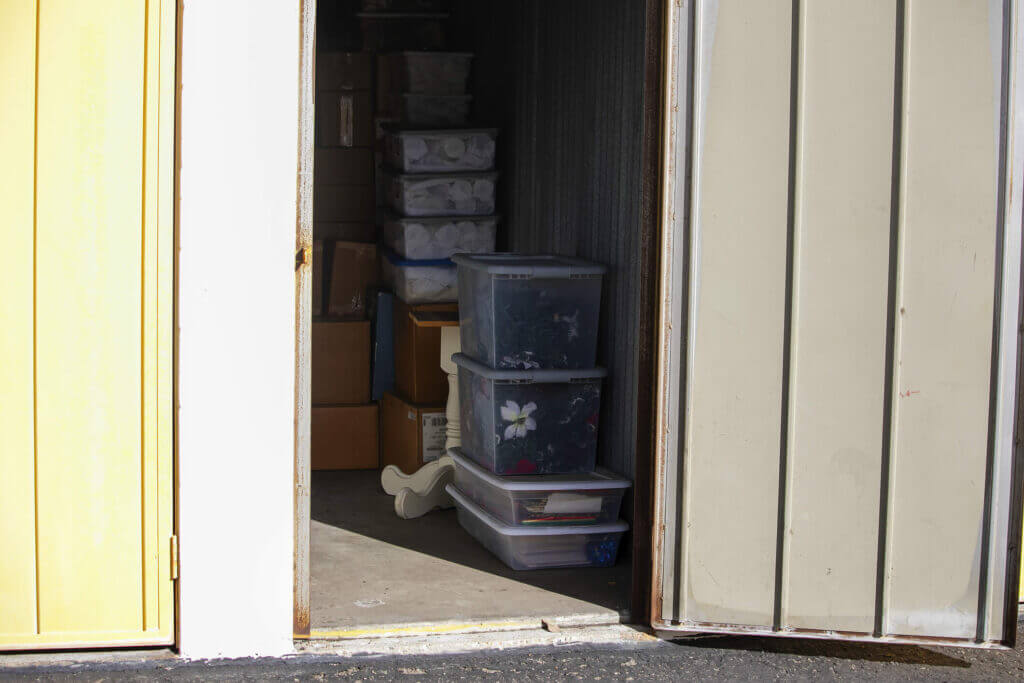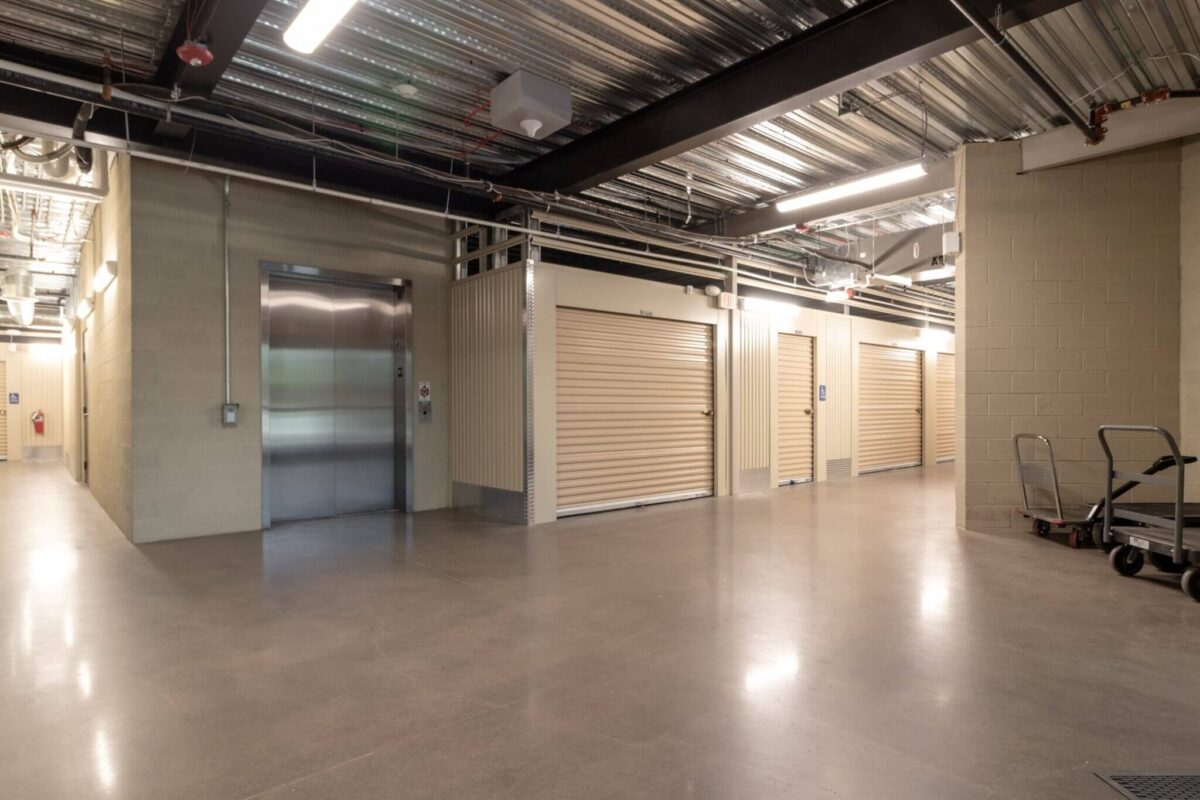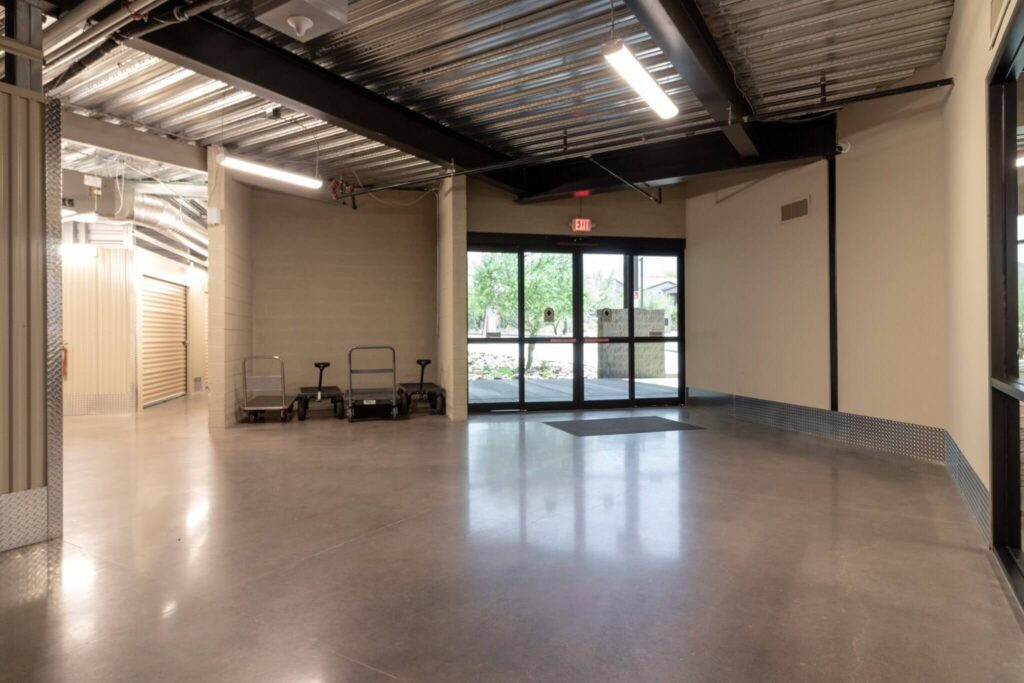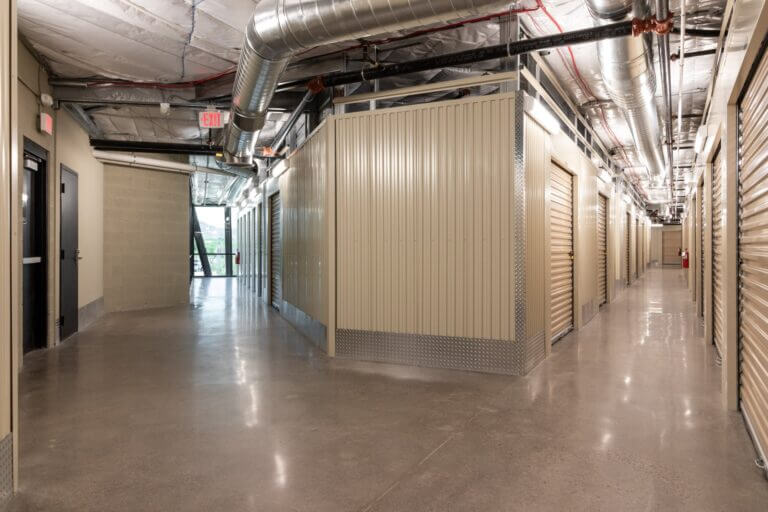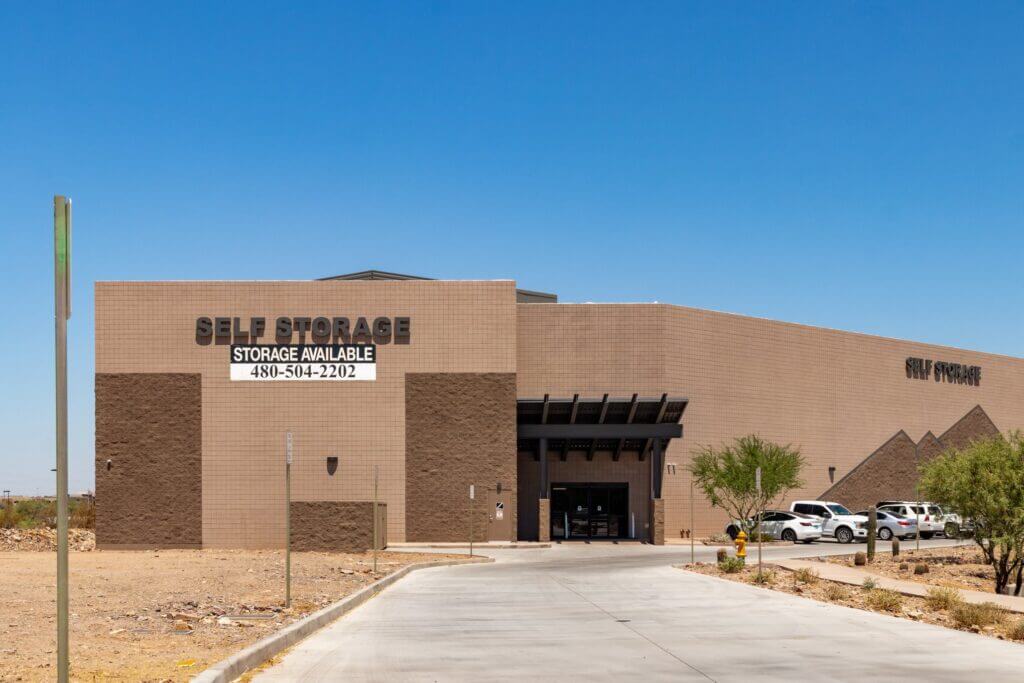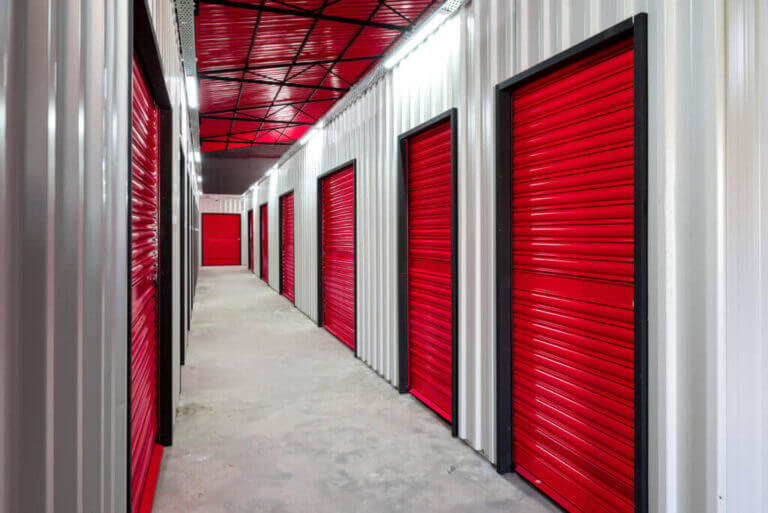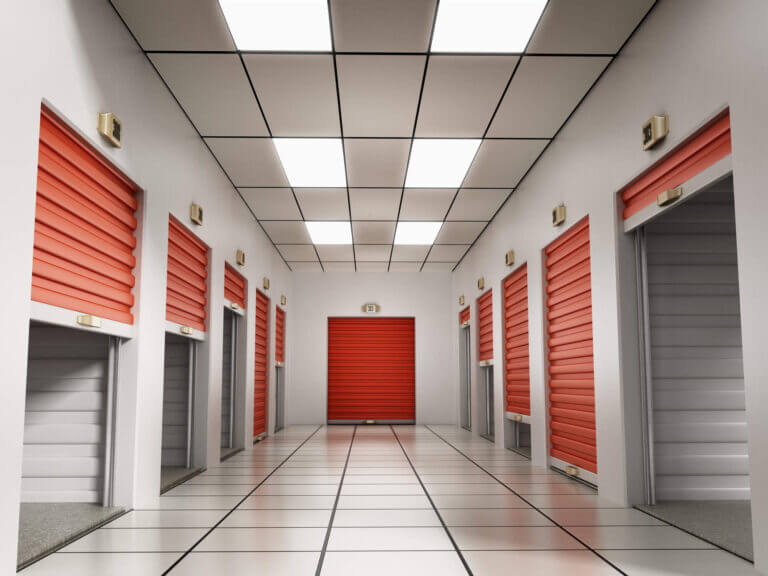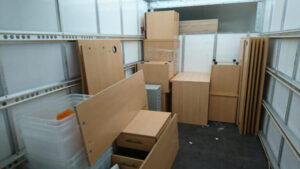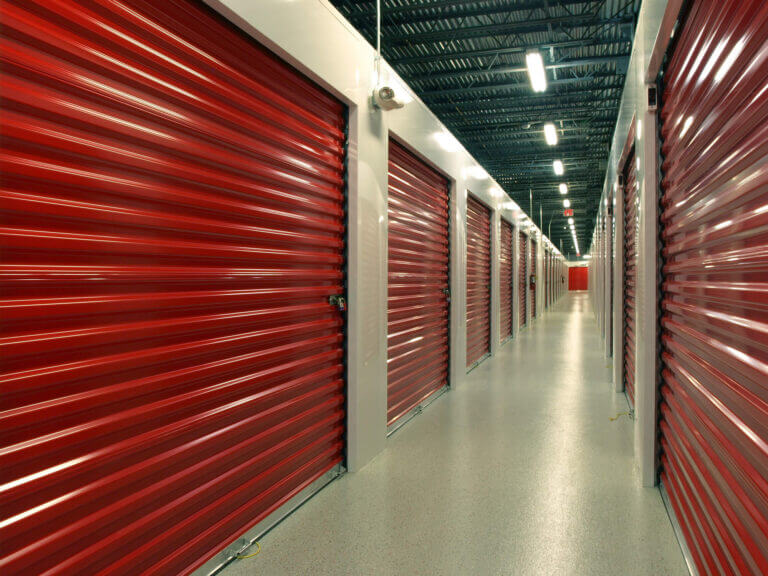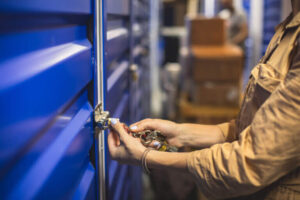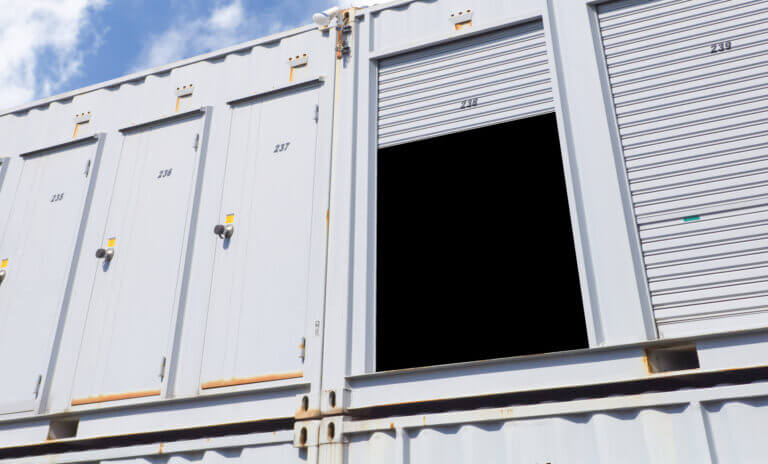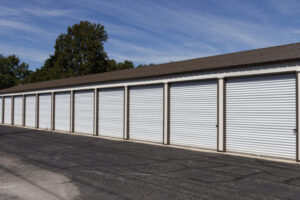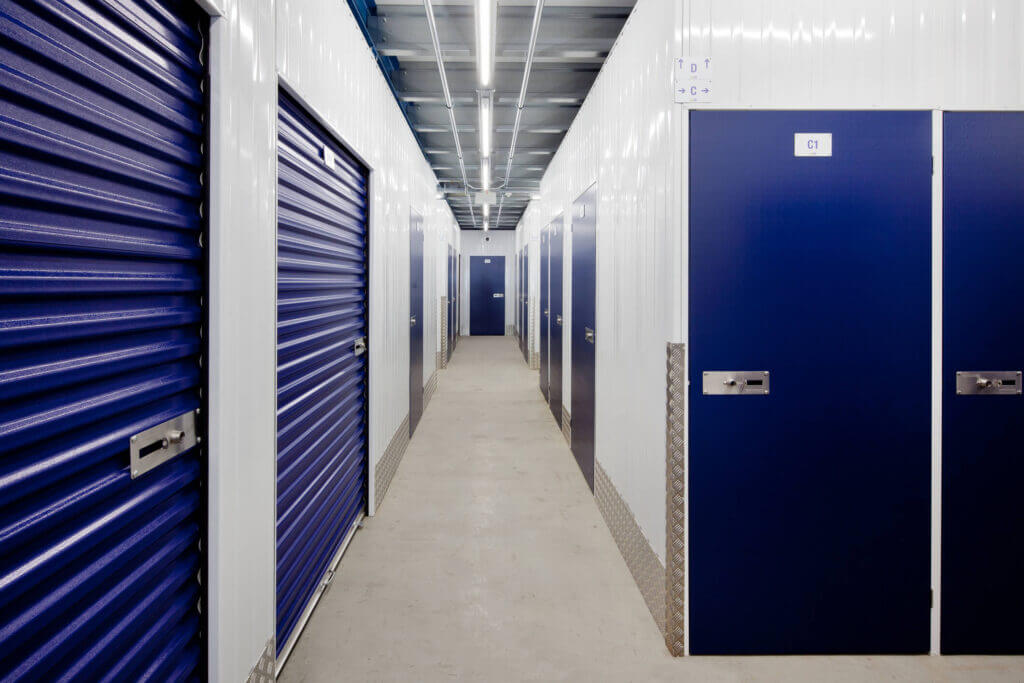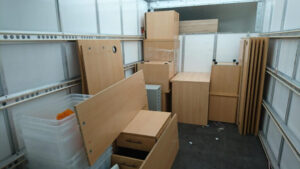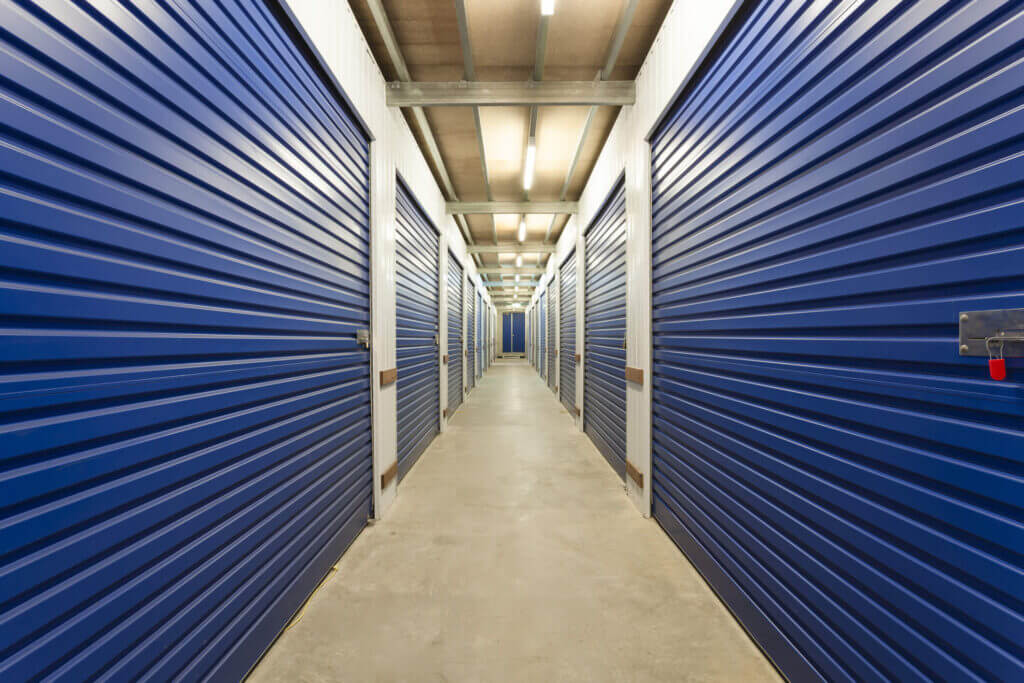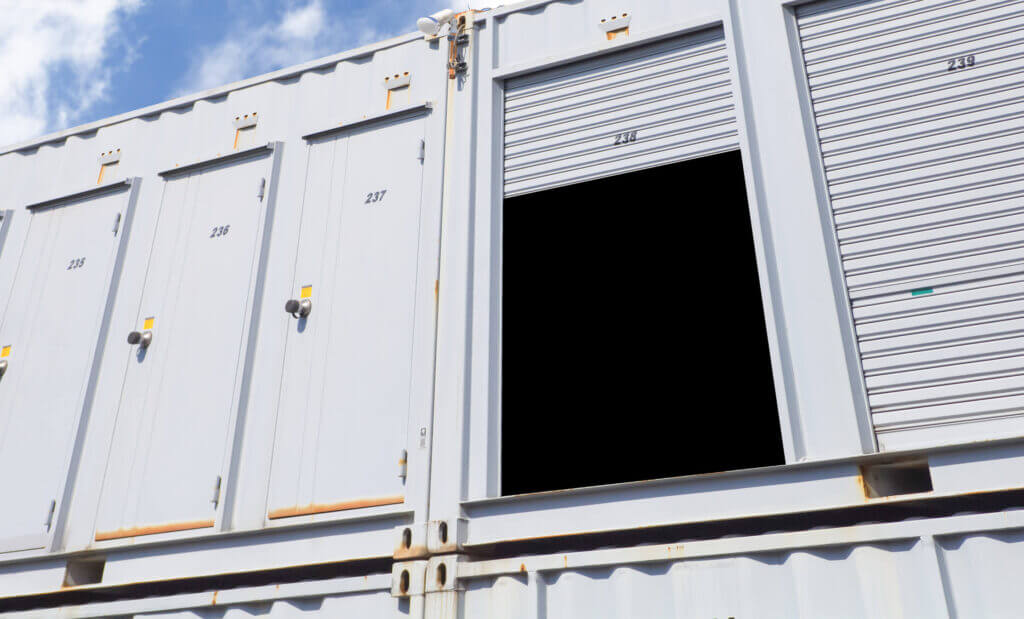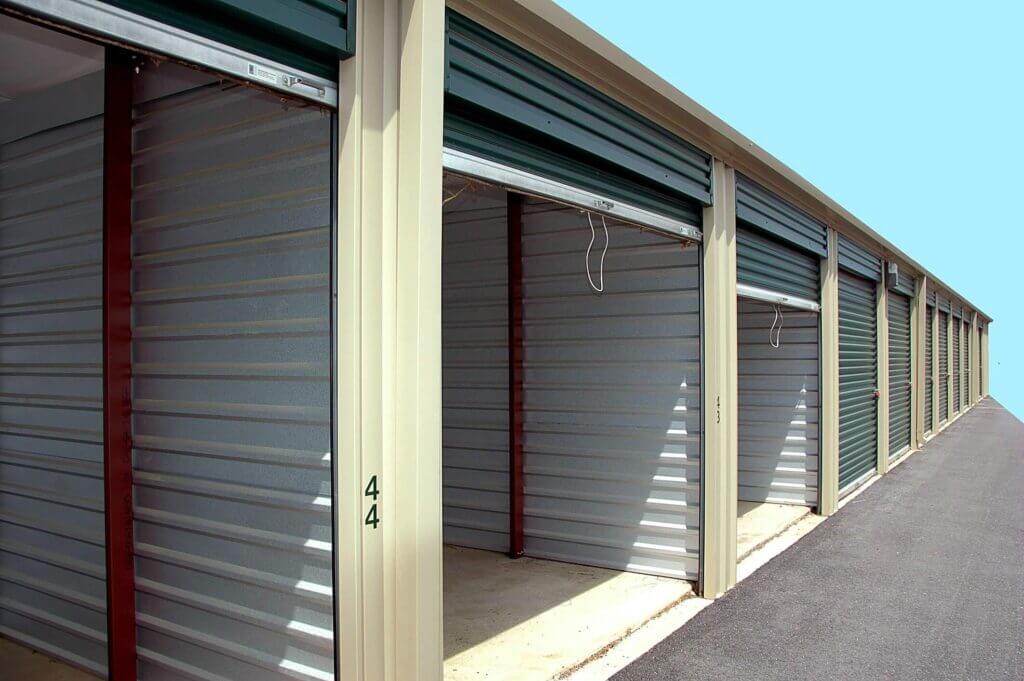Storing Christmas decorations can sometimes feel like a monumental task. Every year, we collect more ornaments, wreaths, garlands, and festive decor, making it a challenge to keep everything in top condition for the next holiday season. With some planning, proper storage solutions, and creative organization, you can ensure that your decorations are easy to access, in excellent condition, and ready to bring holiday cheer to your home again. It’s essential to sort and categorize your decorations to preserve their condition, and using shelves or bins can help keep everything tidy and organized. By dedicating a bit of time to properly storing your items, you’ll have more room in your house and less hassle when decorating. A helpful tip is to group similar things and label containers accordingly. By organizing your decorations in a way that makes sense for your space, you’ll avoid wasting time looking for specific items next holiday season. Here’s a comprehensive guide to storing Christmas decorations, from wreaths and ornaments to lights and trees.
Choosing the Right Storage Containers
The key to success when storing Christmas decorations is choosing the right containers. Proper storage is essential to maintaining the quality of your items. Whether you have delicate ornaments, lights that easily tangle, or a large artificial tree, your storage containers must be sturdy, organized, and capable of protecting your items.
Start by selecting bins, boxes, or bags that suit the size and type of your decorations. Clear plastic bins are an excellent option for most Christmas decorations because they allow you to see the contents without opening them. This can save you time when searching for specific items next year. Additionally, clear bins are less likely to absorb moisture, which could cause damage to your decorations.
For especially fragile items, such as glass ornaments or delicate figurines, consider using padded boxes or containers designed specifically for fragile goods. These often come with dividers or soft padding to cushion your items and prevent them from breaking. Wrapping your items in tissue paper or bubble wrap before storing them in these containers will add an extra layer of protection.
Another key consideration is size. Choose large enough containers to hold your decorations without forcing them in too tightly. When items are packed too densely, they are more likely to get damaged, bent, or squished. On the other hand, containers that are too large may allow your items to shift and move around, which could lead to breakage.
Wrapping Fragile Decorations
Specific Christmas decorations, such as ornaments, figurines, and glass tree toppers, require special care during storage to avoid damage. Wrapping these items in tissue paper or bubble wrap before placing them in their containers is essential for preserving their condition.
Bubble wrap is an excellent material for fragile items because it offers cushioning and protection against impact. For ornaments, you can either wrap them individually or nest several ornaments together in layers of bubble wrap, ensuring that the wrap covers every exposed surface. Be sure to fill any gaps inside the container with additional packing materials, such as crumpled tissue paper, to prevent the items from shifting during storage.
In addition to bubble wrap, tissue paper can be used to wrap delicate wreaths, garlands, and other decor items. It’s soft and won’t scratch surfaces, making it ideal for storing decorative elements. For larger items, like wreaths, you can use a garment bag or large plastic storage bag to protect them from dust and dirt.
For particularly fragile pieces, such as heirloom ornaments or collectible decorations, consider placing them inside a sturdy box with a layer of padding at the bottom. For extra peace of mind, some companies sell ornament storage boxes with dividers to keep each ornament safely separated from the others.
Storing Christmas Trees
Proper storage is crucial for maintaining the shape and condition of artificial Christmas trees. Because they tend to be bulky, you’ll need a dedicated space for storing them, such as your attic, basement, or garage.
If your tree comes with a storage bag, use it to protect the tree from dust and dirt while it’s stored away. Many tree bags are large enough to accommodate the tree’s branches and are designed to keep the tree’s shape intact. Be sure to store the bag in a superb, dry location, as extreme temperatures or moisture can damage the tree and its storage bag.
If your tree didn’t come with a storage bag, you can purchase a custom one or create your own using plastic sheeting or a large garbage bag. Ensure the bag is securely tied to prevent moisture from entering and keep dust out. If your tree is in pieces, consider storing each section in a separate bag or box to keep it organized and easy to assemble when ready to set it up again.
Proper storage is optional for real Christmas trees since they’re usually discarded after the season. However, if you want to store a real tree for another use, keep it in a cool area with plenty of water to prevent it from drying out. Consider trimming the branches and placing the tree in a water container until next year’s holiday.
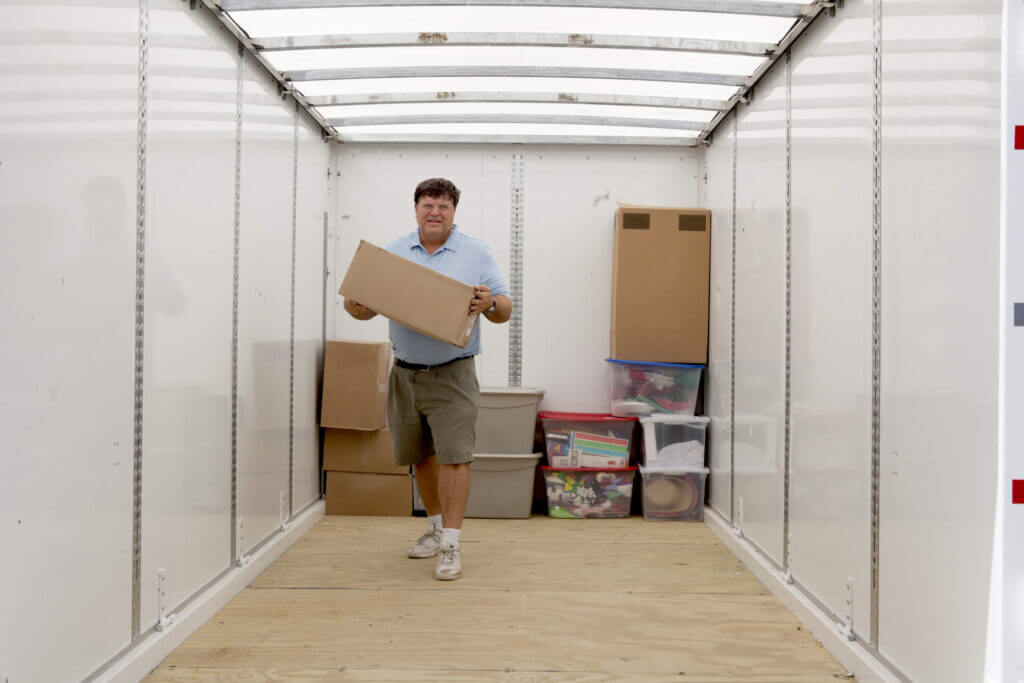
Organizing by Category
One of the best ways to organize your Christmas decorations is by category. By grouping similar items, you can save time and avoid frustration when setting up your decorations next year. Whether you have a collection of Christmas tree ornaments, garlands, or string lights, organizing everything by category ensures everything is in its place.
Use separate bins or boxes to store each type of decoration. For example, you could designate one bin for ornaments, another for tree lights, and a third for wreaths and garlands. When you store each item by type, it’s much easier to find what you need when it’s time to decorate.
Label each container with the type of decorations it holds. You can do this with simple masking tape and a permanent marker, or you can use a label maker to create neat, professional labels. Labels should include a description of the contents, such as “Christmas Tree Ornaments” or “Holiday Lights,” so you can quickly identify what’s inside without opening every box.
Consider using garment bags or large storage bags to keep large items like wreaths and garlands clean and intact. You can also use dividers to separate items within larger containers. For example, a large storage bin could hold several smaller items, such as tree toppers, garlands, and ornaments, as long as the dividers keep them separate and protected.
Storing Christmas Lights
Christmas lights can be one of the trickiest items to store, especially if they tend to tangle or get damaged easily. Fortunately, you can use a few tricks to keep your lights organized and tangle-free.
The best way to store Christmas lights is by wrapping them around a spool or reel. This keeps the lights neatly coiled and prevents them from tying during storage. You can buy a special light reel or make your own using a cardboard spool or a plastic hanger. If you have multiple strings of lights, label each one to indicate where it goes, such as “Outdoor Lights” or “Tree Lights.” Storing your lights on a shelf in your office or storage room ensures they stay in one place, minimizing the risk of them getting lost or mixed up with other decorations.
Place the wrapped lights inside a small storage bin or bag for extra protection. This will help protect the lights from dust, moisture, and other potential damage. If you store your lights in a cardboard box, ensure the box is dry and moisture-free to prevent the lights from rusting or corroding. Keep the storage box or bin in a spot that is easy to access but not in the way of daily use, such as in the corner of a closet or under the bed. This way, you can store your lights out of the way without creating a mess. Make sure that the handles or wheels of your storage containers are easy to use, making getting the items in and out of storage much more convenient. This simple solution allows anyone to store their lights with minimal effort and maximum organization, bringing joy to the process. If you’re sharing your storage method, consider writing a blog post to offer tips and help others solve the same problem—sometimes, the most minor things make a big difference!
Storing Holiday Decor
Holiday decor like wreaths, garlands, and festive figurines require storage solutions to ensure they stay in great shape from year to year.
Wreaths, for instance, can be stored in a variety of ways. You can hang them on a coat hook in a closet, store them in large plastic bags, or place them in special wreath storage boxes. These storage boxes are available at most home goods stores and are designed to protect wreaths from being crushed, bent, or damaged. If you have a staircase, it’s a good idea to store wreaths in an area off to the side and not in the way of your stairs or other high-traffic areas. It’s essential to plan your storage and ensure you have the right products, such as packaging materials, to protect your decor. You can use tote bags or plastic bins for garlands and other decorations, which helps keep them safe from dust and damage.
Garlands can be stored the same way as wreaths—by hanging them or placing them in a storage bag. Alternatively, you can store garlands in clear plastic bins, ensuring heavier items do not squash them. To make things easier, you can label each container or tote with a lid to indicate the contents, whether garlands, candles, or even your Santa figurines. This way, you can quickly identify where your items are stored without going through multiple shelves or boxes.
Smaller holiday decor pieces, such as figurines, candle holders, or nativity sets, can be stored in bins or boxes with dividers. Be sure to wrap each item individually in bubble wrap or tissue paper to avoid damage during storage. When packing away your presents or other miniature holiday decorations, keep them organized in a way that makes sense for your space. You could also use your kitchen shelves for items like candles, which are easily organized in bins or containers. If you’re sharing your storage tips on social media, consider including affiliate links to the products you recommend, such as packaging or storage containers, to help others find what they need.
Storing Christmas Stockings
Christmas stockings can be essential to your holiday decor, and storing them properly helps retain their shape and condition. You can store stockings in a small bin or tote or hang them in a closet if you have the space. If you have several stockings, using a storage bag to keep them together is a good idea. Label the bag or bin to identify where your stockings are stored for next year easily. You can even organize your stockings based on sizes and colors, making it easier to find the right one when decorating next holiday season. While at it, consider taking a picture of the contents inside the bag for a quick visual reference, especially if you’re storing other holiday stuff in the same container. Some people share their stocking storage tips on social media so that you can get ideas from your friends on Instagram or Pinterest.
If you have a collection of stockings in different styles or designs, storing them in separate containers to preserve their shape and condition, much like you would with your favorite recipes or photos, is good. You can reply to comments, share suggestions about your storage methods, and even suggest how to keep things organized in the future. Whether you’re storing stockings with reindeer designs or keeping track of sale items from your village shopping trips, having lids and labels for your containers ensures that everything stays neat and easy to access.
Storing Other Holiday Items
Many other holiday items need proper storage. These could include tree skirts, holiday-themed pillows, gift bags, wrapping paper, and more. Wrapping paper, for example, can be stored in tall tubes to keep it from getting bent or creased. Gift bags can be folded and stored in clear plastic bins, while decorative pillows can be placed in storage bags or bins. Garland can be stored in a tree bag, which provides a lot of storage space and helps keep it from getting tangled. Consider using small plastic containers with compartments to organize small items like bows, ribbons, and wrapping accessories.
This system allows you to store everything in one place, so you don’t have to search through multiple boxes to find the right size ribbon or a specific type of bow. Use posts to label your storage containers and make it easy to identify the contents. Organizing everything in a consistent and neat style will save you time and effort next season. Additionally, you can share your storage ideas and experiences with others on social media platforms like Instagram, where a couple of posts about your storage methods might inspire others. Whether organizing your mantel decorations or storing a piece of greenery, thoughtful organization will make the process easier.
Conclusion
Storing your Christmas decorations doesn’t have to be a stressful experience. Using the proper containers, carefully packing fragile items, and organizing your decorations by category ensures everything stays in good condition for the next holiday season. Whether you’re storing your decorations in your attic, basement, or garage, the key is to be organized and to use the appropriate storage solutions to keep your items safe, clean, and easily accessible. McDowell Mountain Community Storage offers a variety of storage options to help keep your holiday decor secure. Pinterest is a great place to find inspiration and ideas for storing and organizing holiday decorations. Many people share creative ways to keep things tidy, from storing ornaments in labeled boxes to using bins for garlands and lights. These tips will help you make the most of your space, whether organizing an extensive collection or just a few special ones. By following these suggestions, you can preserve your decorations in a way that makes decorating for the holidays much more manageable. Happy decorating and organizing!
Contact Us
For more information on storage options or assistance with your holiday storage needs, feel free to Contact Us at McDowell Mountain Community Storage! We’re here to help.


